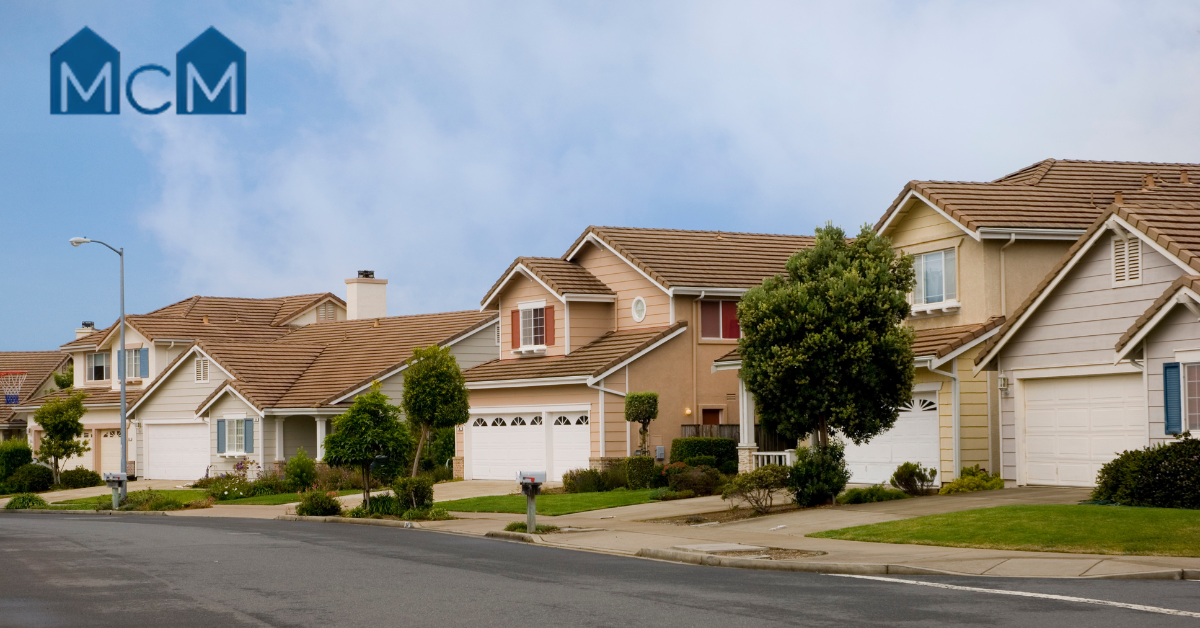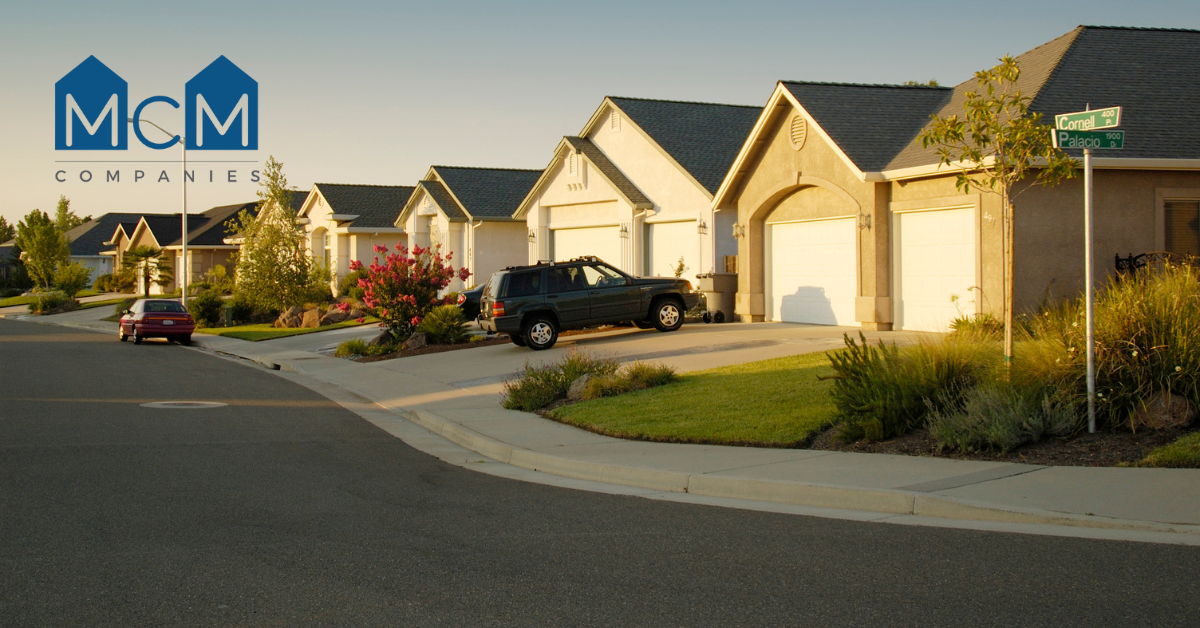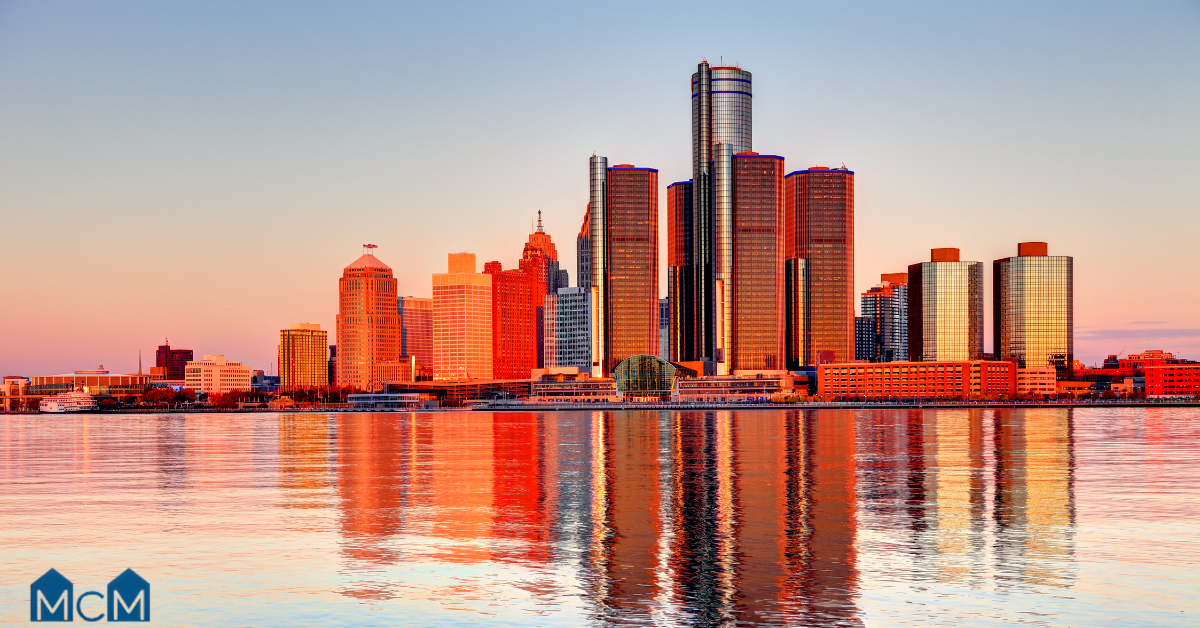Durability Unveiled: Factors Influencing How Long Manufactured Homes Last

"How long do manufactured homes last?" It's a question that's gaining traction as more Americans consider alternative housing options amidst skyrocketing real estate prices and mortgage rates. The allure of manufactured homes isn't just a passing trend; it's a sustainable choice for many who wish to have a quality home without breaking the bank. With housing affordability becoming a mounting crisis in the United States, people are looking toward solutions that offer stability without a hefty price tag.
A recent shift in the housing landscape points to manufactured homes as an increasingly attractive alternative. Manufactured homes are prefabricated in factories and then transported to their permanent locations. This process makes them significantly more cost-effective than traditional site-built homes, offering a much-needed respite for lower and middle-income families in the U.S. According to a 2021 report by the Manufactured Housing Institute, the average cost per square foot of a manufactured home was only $57, in stark contrast to the $119 for site-built homes. No wonder manufactured housing shipments have nearly doubled over the last decade!
The surge isn't just in numbers; it's also in quality. Gone are the days of the stigmatized "mobile homes," a term that has been technically outdated since 1976. Modern manufactured homes, built to comply with the rigorous 1974 HUD Code, boast improved materials, energy efficiency, and design elements that rival their traditional counterparts. And with 22 million Americans currently residing in manufactured homes, making up about 1 in 10 new homes constructed each year, it's clear that this housing option is more than just a fleeting alternative — it's a bona fide competitor in the housing market. So, let's delve into a pressing question on many minds: How long do manufactured homes actually last?
Dispelling the Myth: The Longevity and Value of Manufactured Homes
One of the most persistent myths about manufactured homes is that they depreciate in value, much like vehicles do. This couldn't be further from the truth. Contrary to popular belief, the resale value of a manufactured home is determined by factors such as location, condition, and market demand — just like any traditional residential property. With that misconception out of the way, let's get into the nitty-gritty: How long do manufactured homes actually last?
In essence, manufactured homes are built using almost identical materials and construction techniques as site-built homes. The primary difference is the environment in which they are constructed. Manufactured homes are assembled in a factory, providing the advantage of sheltering building materials from weather elements and potential vandalism.
In terms of regulations, these homes are constructed under the federal Manufactured Home Construction and Safety Standards, also known as the HUD Code. This stringent code sets performance standards across various aspects, from heating and plumbing to structural design and fire safety. Ensuring quality, the construction of each home is rigorously monitored by the Department of Housing and Urban Development (HUD), as well as its monitoring contractor, the National Conference of States on Building Codes and Standards (NCS/BCS).
So what does all this regulation and oversight mean for longevity? A lot, actually. According to a study conducted by the Manufactured Housing Institute in 1990, the habitable lifespan of manufactured homes has seen a steady increase over the years. Even for homes shipped in 1964, the average habitable life was estimated at 55.8 years, a figure that remained consistent through 1994. With such strong construction standards in place, it's expected that modern manufactured homes will continue to match this impressive lifespan. In summary, if built and maintained properly, a manufactured home can be expected to last between 30 and 55 years, with some even surpassing this range.
Even beyond the regulated construction process, several factors can contribute to the lifespan of a manufactured home. These include the quality of materials used, the reputation of the manufacturer, and the climate conditions where the home is located. Proper maintenance can further extend the longevity of these homes, making them a truly competitive option for those looking to invest in long-lasting property.
All this points to the notion that manufactured homes aren't just a stopgap or a "second-best" option — they're a legitimate, long-term housing solution with substantial value that does not depreciate over time. Add to this the growing number of supportive manufactured home communities, and you have an alternative that’s becoming more appealing by the day.
How to Ensure a Manufactured Home Lasts
A well-maintained manufactured home can stand the test of time. Here's how you can extend your home’s lifespan.
Key Maintenance Tips
- Roof Care: Regular inspections are crucial and do not avoid upgrades to your roof, like resealing the gutters.
- Windows: Storm windows for winter, plastic covers for summer.
- Heating System: Regular check-ups prevent costly repairs.
- Exterior: A power wash keeps it looking new.
- Plumbing: Keep gutters and downspouts clean.
Pitfalls to Monitor
- Improper Installation: Always get an inspection.
- Foundation Issues: Check the foundation, especially after environmental incidents.
- Types of Damage: Be aware of water leaks and pest damage.
The Most Important Factor
- Finding the Right Provider: When it comes to maximizing the longevity and value of a manufactured home, perhaps the most crucial decision you'll make is choosing the right provider. It's not just about purchasing a piece of property; it's about finding a trusted partner who can guide you toward a home and a community that perfectly suits your lifestyle and needs.
Why Choose Us: The MCM Communities Advantage
At MCM Communities, we understand what homeowners are truly looking for. We don't just offer houses; we provide homes designed to be the backdrop for your life's most cherished memories. Imagine building blanket forts in spacious bedrooms, or sinking into your couch for some quality family time — these are the simple joys that our homes are built to accommodate.
We recognize that life can be fast-paced and overwhelming, which is why we strive to offer you not just a home, but a sanctuary. Whether you're transitioning from apartment living, looking for the ideal setting to raise your family, or simply seeking a peaceful place to call your own, we have a community and a home that's right for you. Our commitment to quality, community, and residents’ overall satisfaction ensures that your investment in a manufactured home with us will not only meet but exceed its expected lifespan.
.svg)





